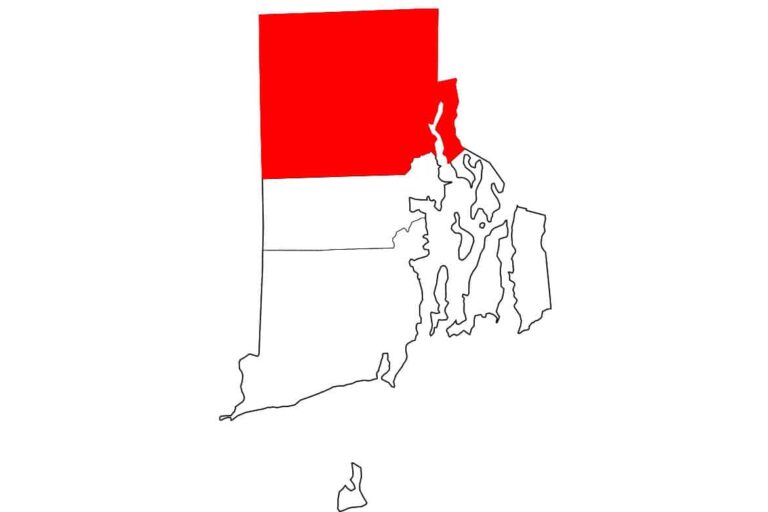
The Virginia Department of Agriculture and Consumer Services (VDACS) has completed its epidemiological investigation after a diagnosis of equine herpesvirus myeloencephalopathy (EHM) in two horses in central Virginia. As reported on February 28, 2018, the State Veterinarian’s Office at VDACS confirmed that two horses exhibiting neurological signs were euthanized and tested positive for equine herpesvirus type 1 (EHV-1), the virus that causes EHM.
There is no link between the two horses and the timing of the EHM finding is coincidental.
One horse was housed at the Hazelwild Equestrian Center in Fredericksburg and the second was located on a private farm in Powhatan County. Both facilities have been placed under quarantine. All exposed horses are being monitored twice daily for fever (temperature over 101.50 F) and other clinical signs.
No additional Virginia horses have been exposed.
Several horses from Maryland visited the Hazelwild Equestrian Center last weekend for an Interscholastic Equestrian Association (IEA) show. The farms in Maryland associated with these horses have been quarantined and all horses will be monitored.
The immediate neighbor of the Powhatan County farm is voluntarily quarantining their horses due to casual contact. No Virginia horses have had any contact with either property, including trail riders.
There is no cause for alarm concerning the general horse population in Virginia. EHV-1 is a virus that is present in the environment and found in most horses all over the world. Horses typically are exposed to the virus at a young age with no serious side effects. A large percent of horses carry the virus with no clinical signs for the remainder of their lives. Rarely, exposed horses develop the neurologic form of the disease. Horse owners with concerns should contact their veterinarians.
The Equine Disease Communications Center Biosecurity web pages equinediseasecc.org/biosecurity have more information on best practices for disease prevention in horses and VDACS has more information on EHV-1 here. Horse owners also may contact VDACS’ Office of Veterinary Services at 804-786-2483.








